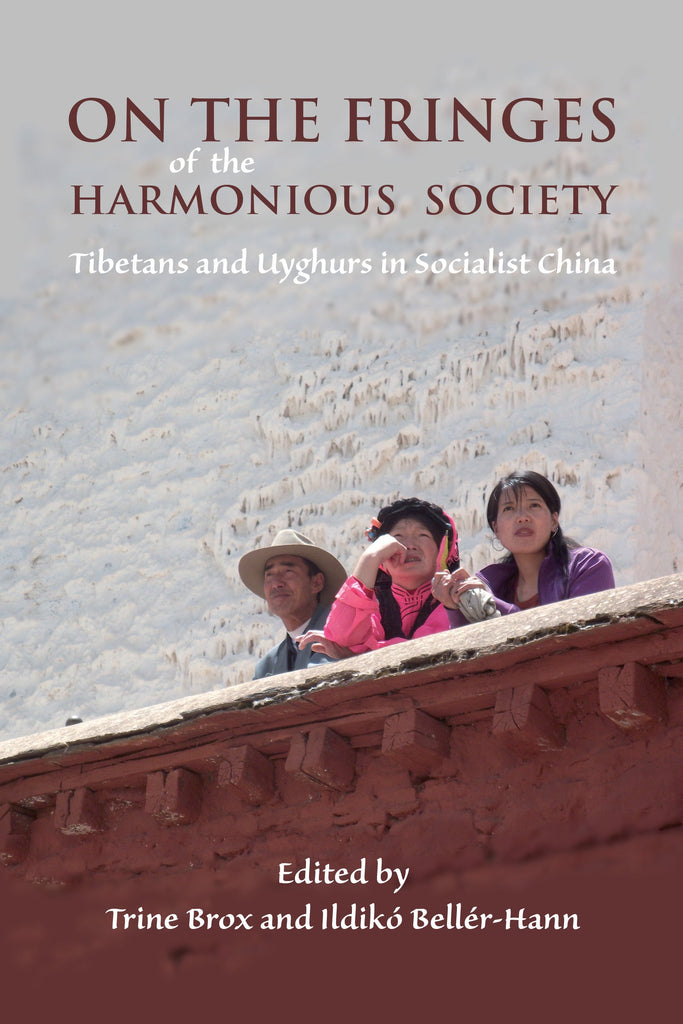On the Fringes of the Harmonious Society: Tibetans and Uyghurs in Socialist China
$45.00 SGD
edited by Trine Brox and Ildikó Bellér-Hann
Since 1949, Tibetans and Uyghurs generally have been perceived as the two most problematic members of the PRC's great family of peoples and been the targets of 'carrot and stick' measures designed to facilitate their integration into the PRC. In recent years, a solution to the problem of Xinjiang and the Tibet has been sought in accelerated economic development, yet this is perceived by both groups with great suspicion. Addressing this situation, the volume explores the arenas of socio-economic development and market liberalization, popular culture, urban planning and relocation, environment and ecological migration, civil society, education and language, ethno-nationalism, as well as religious policies and practices. It is especially topical at a time when fieldwork in the regions where these two minorities live remains extremely difficult and politically sensitive.
"The contributors to the book are all specialists and the great majority have carried out intensive field research in their areas of expertise. In that there is a coherent theme and each chapter contains genuine contributions to our understanding of important topical problems relating to ethnic affairs, this book is definitely a substantial contribution to the literature in its field." - Colin Mackerras, The China Quarterly, Vol. 221
Ildikó Bellér-Hann is Associate Professor of Central Asian Studies at the University of Copenhagen. She studied Turkish, Archaeology, and English at the Lórand Eötvös University in Budapest. She received her Ph.D. from the University of Cambridge and her habilitation degree from the Humboldt University, Berlin. She has held positions at Newnham College, Cambridge, the University of Kent in Canterbury, and the Martin Luther University in Halle (Germany). Her main interests span the histories and societies, historical anthropology, social support networks, kinship, and oral and literate traditions of the Turkic-speaking peoples of Xinjiang, Turkey, and Central Asia.
Trine Brox is Assistant Professor of Modern Tibetan Studies at the University of Copenhagen. She studied Social Science at the University of Tromsø and Tibetology at the University of Copenhagen, where she received her Ph.D. Her academic focuses are contemporaneous issues in Tibet and the Tibetan diaspora regarding the development of democracy, Tibetan elites in the PRC, exile governance, political movements, the configuration of religion and politics, conceptual history, and the multi-layered process of translation within and between cultures.
Publication year: 2013
368 pp / 229mm x 152mm
7 figures, 3 tables
ISBN: 978-87-7694-142-0, Paperback
ISBN: 978-87-7694-141-3, Hardback
NIAS Press

